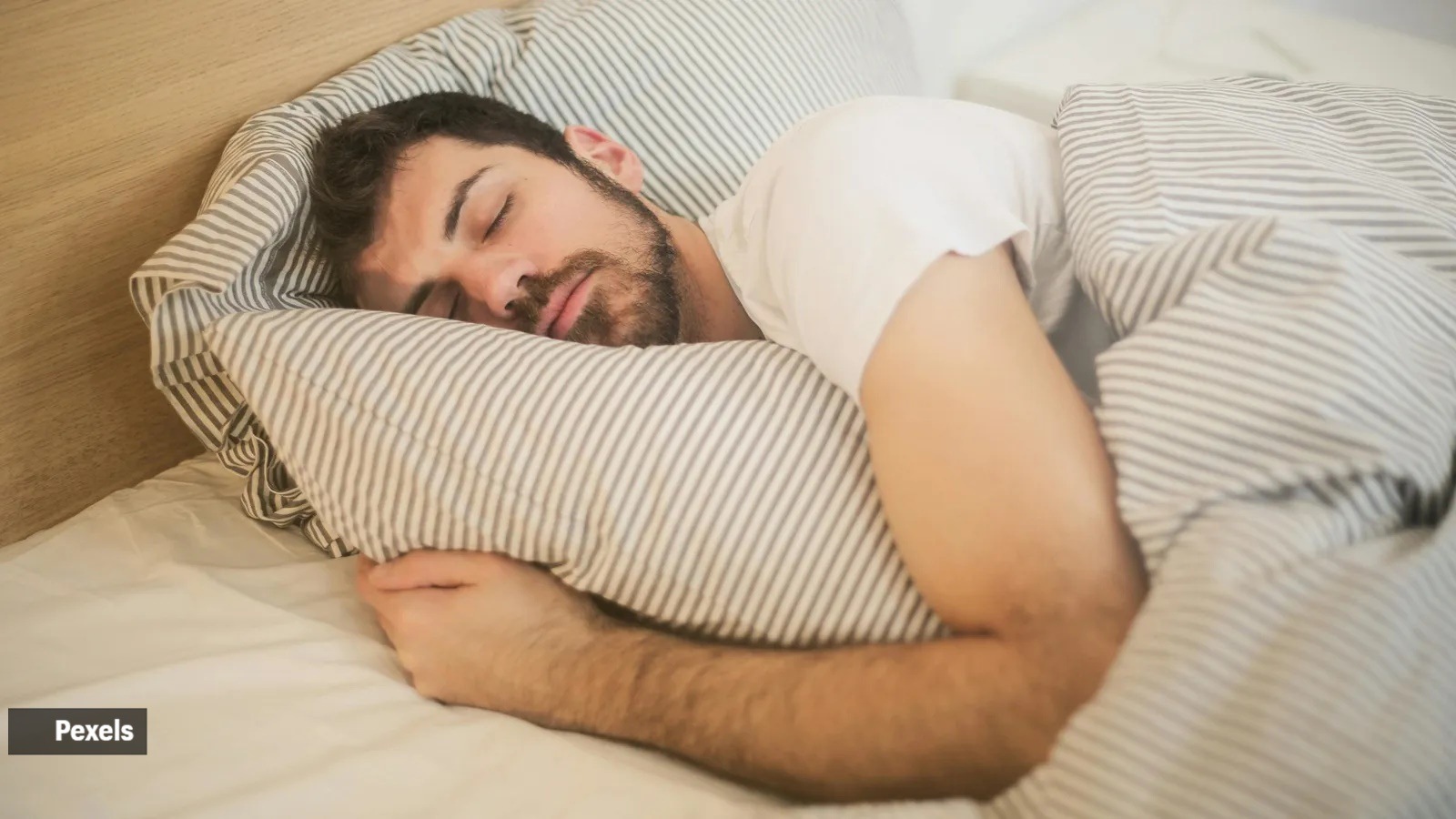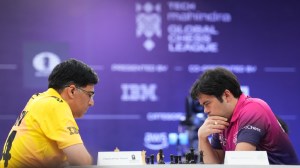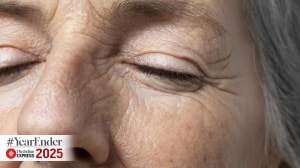Click here to join Express Pune WhatsApp channel and get a curated list of our stories
‘We need to stop glamorising lack of sleep’: Expert warn against neglecting consequences
Dr Shaikh, a pioneer in treating obstructive sleep apnea, was speaking at the November edition of Samvaad, hosted by the CEO Clubs at Cedar Oaks Café, Poona Club.
 Sleep a little more (Photo: Pexels)
Sleep a little more (Photo: Pexels)Highlighting that sleep should never be taken “lightly”, Dr Seemab Shaikh, expert in sleep medicine, said a person spends almost 33% of his or her lifespan in sleep and it has a purpose.
Dr Shaikh, a pioneer in treating obstructive sleep apnea, was speaking at the November edition of Samvaad, hosted by the CEO Clubs at Cedar Oaks Café, Poona Club.
Samvaad featured a compelling dialogue titled “Sleepless in Success” between Shaikh and Dr Anil Pillai, behavioural strategy expert and president of CEO Clubs, Pune Chapter.
The session filled with laughter, insights and serious conversation was attended by leaders across several sectors. Dr Shaikh opened by defining sleep as a biological necessity.
“We spend almost 33% of our lifespan in sleep, it has a purpose,” he said, stressing that sleep should never be taken “lightly.”
Highlighting the health risks of sleep neglect, Dr Shaikh warned that oxygen deprivation caused by chronic sleep loss can trigger cognitive deficits, hypoxemia and long-term deterioration. He also pointed out the rising prevalence of sleep apnea: “HIV incidents around the world are 19%, diabetes 17% to 18%, while sleep apnea is more than 34% so this is a far bigger danger,” he said.
Speaking to The Indian Express, Dr Anil Pillai observed that sleeplessness is rapidly becoming one of the biggest challenges among corporate professionals. “Ten years ago, we mostly saw sleep disorders in people above 40 or 45. Today, we are seeing them in people as young as 25,” he said.
Leaders, he added, often overlook sleep’s strategic value.
“If you show them how sleep impacts productivity, it resonates. But the awareness itself is missing.”
Calling for a cultural shift, Dr. Shaikh said, “We need to stop glamorising lack of sleep. Unless and until the importance of sleeping as well as the long term consequences of neglect are drilled into people’s heads, it’s going to be a battle.”
He outlined practical “sleep hygiene” measures like keeping a fixed sleep schedule, avoiding screens an hour before bed, maintaining a 25°C room, ensuring darkness, cutting tea, coffee and sugar after 3 pm, and eating dinner at least two hours earlier. A wind-down routine, he said, helps signal the body to slow down. He said that the biggest indicator of a healthy circadian rhythm is feeling fresh after waking up.
Dr Shaikh explained the importance of regeneration during sleep for digestion, immunity, brain health and long-term cognitive function.
“The brain does not have the power for simple tasks, let alone important decision making, without proper sleep,” he said.
Click here to join Express Pune WhatsApp channel and get a curated list of our stories
- 01
- 02
- 03
- 04
- 05































